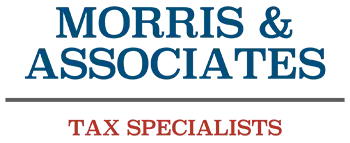The IRS reminds taxpayers that open enrollment season for flexible spending arrangements (FSAs) is an opportunity to allocate tax-free dollars toward medical expenses not covered by their health plans.
For the 2025 plan year, employees participating in an FSA can contribute up to $3,300 through payroll deductions, with these contributions exempt from federal income, Social Security, and Medicare taxes.
Employers may also contribute to an employee’s FSA if the plan permits. Additionally, if the employee’s spouse has an FSA through their own employer, both can contribute up to $3,300 each, totaling $6,600 in FSA contributions for the household.
For FSAs that allow the carryover of unused funds, the maximum carryover into 2025 is $660, up from $640 in 2024. This carryover does not reduce the maximum salary reduction contribution amount for the year.
Taxpayers are encouraged to review their health care selections annually during open enrollment to optimize their savings.
Eligible employees interested in a health FSA for 2025 should enroll before their medical plan year begins. Self-employed individuals, however, are not eligible for FSAs.
Eligible Expenses
FSA funds can cover a range of qualified medical expenses not included in regular health plans, such as co-pays, deductibles, dental and vision services, eyeglasses, and hearing aids. Employees should confirm eligible expenses and claim processes with their employer.
When enrolling, employees should assess their anticipated medical needs for the year to determine an appropriate FSA contribution. Planning considerations may include:
- Stocking up on necessary medical supplies
- Preparing for larger medical expenses
- Seasonal items, like allergy medications, sunscreen, or vaporizers
- Routine checkups and specialist visits outside typical insurance coverage
- FSA-eligible over-the-counter items
- Eye exams or dental visits, which often have out-of-pocket cost
Employers are not required to offer FSAs, so employees should verify availability with their employer. FSAs are subject to specific plan terms, which may include restrictions on contribution limits and eligible expenses. For further details, refer to IRS Publication 969, Health Savings Accounts and Other Tax-Favored Health Plans, available on IRS.gov.
Get Compliant and Get Tax Relief in Georgia
Morris and Associates are experts when it comes to helping individuals and companies find tax relief in Georgia but can help no matter where you live or whatever tax questions you have. Contact us to help with your taxes and possibly even reduce the amount that you owe.







